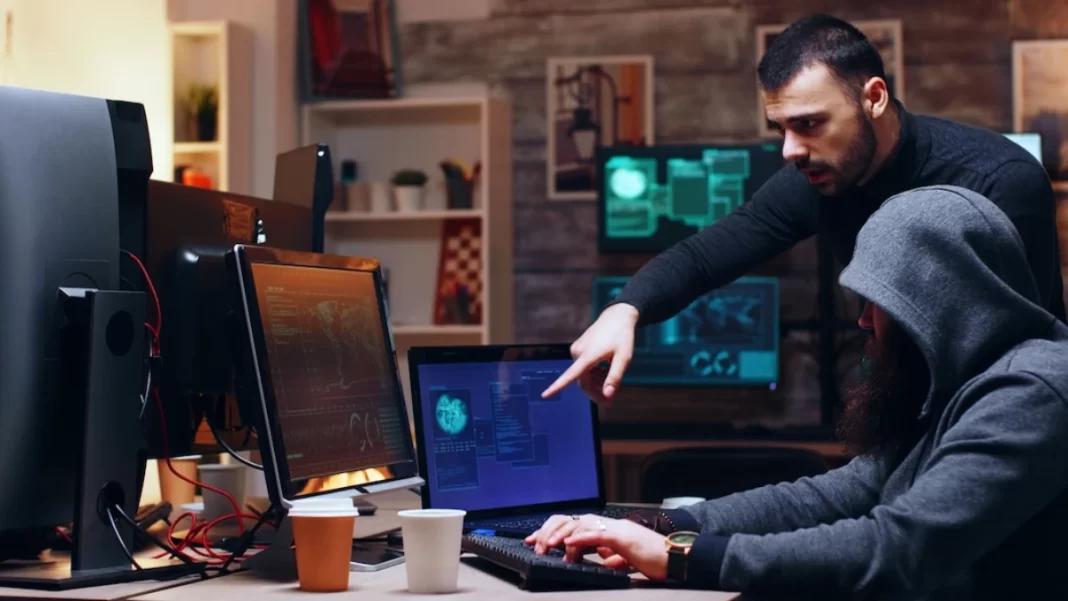The world of online gaming grows bigger and more complex by the day. As virtual universes expand with rich, immersive experiences, so too do threats against players and their personal data. Recent years have thus seen remarkable innovation in techniques to lock down online games at LiliBet. From behavioral analysis to decentralized architectures, security researchers strive to balance safety with enjoyment. This article explores the latest advances guarding digital playgrounds and profiles what the future may hold.
Table of Contents
Booming Popularity Magnifies Risks
Over 3 billion people across the globe now play online games. Drawn in by lifelike graphics and communal experiences, this soaring participation also catches the eyes of hackers and thieves. High-value assets like in-game currencies and items present ripe targets, as do troves of personal information tied to player accounts. Major data breaches have already impacted giants like Nintendo, Electronic Arts, and Zynga. Even blockbuster titles like Fortnite endure repeated attacks in their quest to erect robust defenses.
With billions of dollars and sensitive user data at stake, online gaming security stands as a top priority for industry leaders. Many now invest heavily in strengthening safeguards and responding to emerging threats before they escalate. Let’s review three rising techniques powering this push:
Behavioral Analysis for Early Anomaly Detection
Legacy security tools often rely on predefined rules, signatures, and patterns to catch malicious activities. Yet crafty hackers frequently tweak methods to bypass these defenses. Behavioral analysis takes a markedly different approach by establishing a baseline of normal user actions. Advanced machine learning algorithms then continuously monitor for deviations indicating foul play.
For example, a player rapidly teleporting between locations, accumulating vast sums of currency, or defeating content far above their level may signal cheating bots or compromised credentials. Behavioral systems flag these anomalies for further inspection in real time. Machine learning models also refine baseline profiles over time for maximum accuracy. This enables early threat detection even when novel exploits emerge.
Several online The Reviews Casino game publishers now instrument behavioral monitoring to fortify defenses. Riot Games credited the technique for catching credential stuffing attacks against League of Legends accounts during summer 2021. Looking ahead, integrating multiple behavior signals and automating response actions could make this approach even more potent.
Decentralized Architectures Limit Damage Potential
Centralized architectures provide tempting targets by storing valuable assets and sensitive user data within consolidated servers. A single breach can thus expose millions of player profiles or game items in one fell swoop. This has spurred growing interest in decentralized alternatives that reduce concentration risk by distributing control and ownership.
Blockchain technology enables one emerging paradigm for decentralization. It allows direct peer-to-peer transactions recorded across distributed ledgers instead of a central authority. Players could exchange virtual goods and currencies without middlemen capturing these interactions. The technology also utilizes sophisticated cryptography to establish robust identities and prevent tampering.
For example, Mythical Games uses blockchain to power a player-owned economy inside its Blankos Block Party environment. Gamers directly control their expressive vinyl toys as non-fungible tokens (NFTs). Enjin also provides a platform for creating blockchain assets tradable across multiple games. Such solutions limit damage when vulnerabilities arise by isolating breaches to individual nodes.
As blockchain matures and decentralized protocols advance, they may progressively balance integrity with the rich, shared universes underpinning modern online games.
Specialist Security Testing Strengthens Code Integrity
Even tiny defects in sprawling game code bases create openings for remote attacks. Yet spotting every bug across millions of lines remains impractical during busy development cycles. This oversight makes post-release patches a common occurrence when weaknesses surface live. Unfortunately, exploited flaws risk account Takeovers, server outages, and stolen financial or personal information in the interim.
Specialist security testing presents a systematic solution tailored to exposing critical oversights. Using techniques like fuzzing and penetration testing, these evaluations simulate attacks to pinpoint vulnerabilities that hackers could abuse. Teams then remediate uncovered defects before products launch to prevent downstream incidents.
Several vendors now cater assessments explicitly towards games by incorporating domain expertise. For example, HackerOne’s Game Security Testing offering enlists veteran gamers with backgrounds in cybersecurity. These specialists better comprehend complex features and attack surfaces inherent in modern titles. Netflix recently used this service to bolster defenses prior to launching new Stranger Things-themed games. Such testing ensures gameplay innovations don’t introduce new risks for players to enjoy adventures safely.
The Next Wave of Online Gaming Protection
As pioneers sharpen behavioral monitoring, embrace decentralization, and demand stringent code reviews, online gaming security promises to reach new heights. Attackers will surely continue probing cutting-edge games for weaknesses to exploit. However, investing now in robust precautions pays dividends for operators hoping to avoid reputation-damaging breaches down the road.
Looking ahead, assured identity verification and integration with fraud-fighting systems could strengthen account security further still. Enhancing protections around payments may also close monetization blind spots as virtual economies scale up. And formal coordination between security teams, law enforcement, and government agencies would help the ecosystem combat threats cooperatively.



